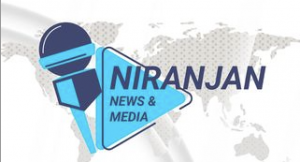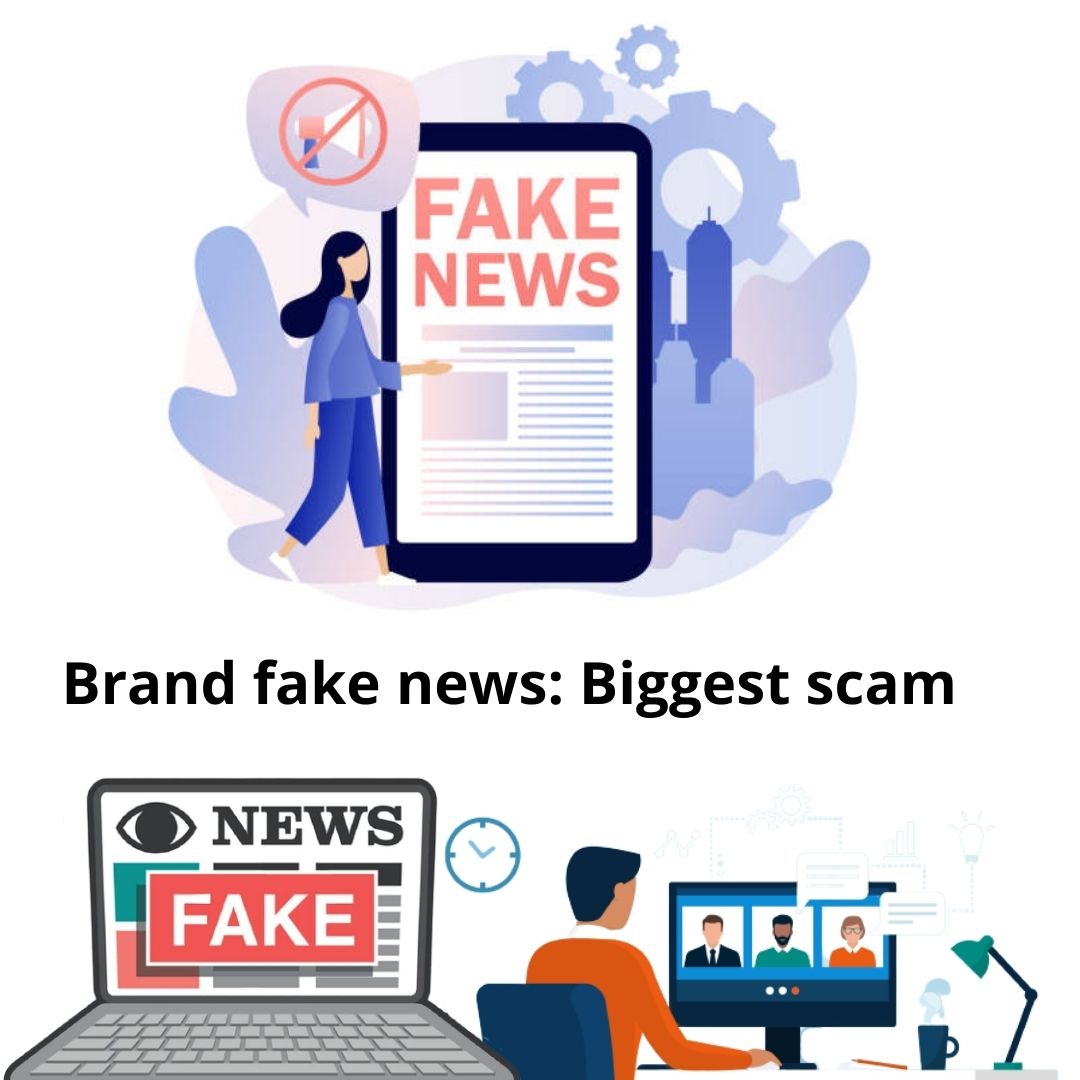There’s nothing new about fake news. For as long as there has been news, there has been misinformation, both purposeful and unexpected.
One particular highlight of fake news was the period around the turn of the 20th century when exploitative journalism, a term coined in 1895 to describe journalism that put sales over factual reporting, helped push the United States of America into war with Spain.
But while there has always been disinformation & poor-quality journalism, things do seem to have gotten much worse in the age of digital social media. In fact, a recent study by the Pew Research Center found that Americans see fake news and information as a bigger problem than illegal immigration, racism, and terrorism.
But why is fake news such a massive issue? If so many people agree that it’s a problem, why do they read, share and promote it in vast numbers? The main reason is that fake news is deceptive not just in its content, but in the way it plays on our biases and our predispositions.

Reason 1: How It’s Spread
The most common medium or platform for spreading fake news is social media. This form of person-to-person transmission isn’t just incredibly quick but breeds large amounts of trust.
On maximum occasions, we are friends on social media with people we like and trust. As such, we are more inclined to trust and believe any information shared on it by our loved ones. Simply put, fake news uses the trust that we have in our friends and family members to encourage us to trust and believe it too.
In one UK study, one-sixth of participants were admitted to believing anything that their friends and family share on social media. The same study showed that information seen on the Facebook platform was seen as more reliable than information from actual experts.
In short, fake news lean on the trust we have in our family and friends to get us to set aside our doubts and avoid investigation too closely.
Reason 2: It Reinforces Our Biased Notions
The transmission through social media platforms helps fake news in another way. Online, we almost spend most of our time interacting with people that we agree with. Couple this with algorithms that serve you content that you admit with, and the result is what’s called a social media bubble.
When a person experience fake news on social media platform, it likely increases their biased notions and will not be subjected to the scrutiny it would if it ran counter to what they already believed. This makes them to accept the news as real fact and even share it on to others for the process to begin all over again.
Reason 3: Publication Bias
In addition to reinforcing our assumption, fake news also uses another bias against us: The bias in favor of a proven hypothesis.
It’s a problem where studies that have a zero result, meaning they fail to prove their assumption, often struggle to find any publication. This is true even though studies with zero results are often just as important as those that prove their assumption.
Fake news never fails to provide proof of its claims, even if that proof is wholly invented. Since we are wired to take more interest in and have greater investment in such results, that makes it more interesting and more fascinating.
Reason 4: Sensationalism and Simplicity
Finally, a lot of vital news is very mundane. Things like city council hearings or debates over tax policies may have a major impact on your life, but they are very boring to watch or read about.
Fake news is almost always sensational. It always tells a narrative and an amazing one at that. The narrative fake news brings are simple stories that are grand into the extremes. In fact, one of the tricks of fake news is to take a relatively mundane event and sensationalize it with exaggerated language and misinformation.
Fake news doesn’t want you to think and having simple but outstanding narratives encourages everyone to not think about it too hard.

Conclusion
All in all, fake news doesn’t have some kind of secret equation that causes it to get shared and spread quickly. Combine that with the fact readers often have to make easy judgments as to what to believe and what to discard, it’s surprisingly easy to get an interesting lie to spread like wildfire.
The only defense to fake news is vigilance. Taking your precious time to check sources before you share and learning how to spot fake news in the wild are two important steps. Likewise, Niranjan News and Media can help highlight legitimate sources, taking much of the guesswork out of the process. Share your feedback and comments.




